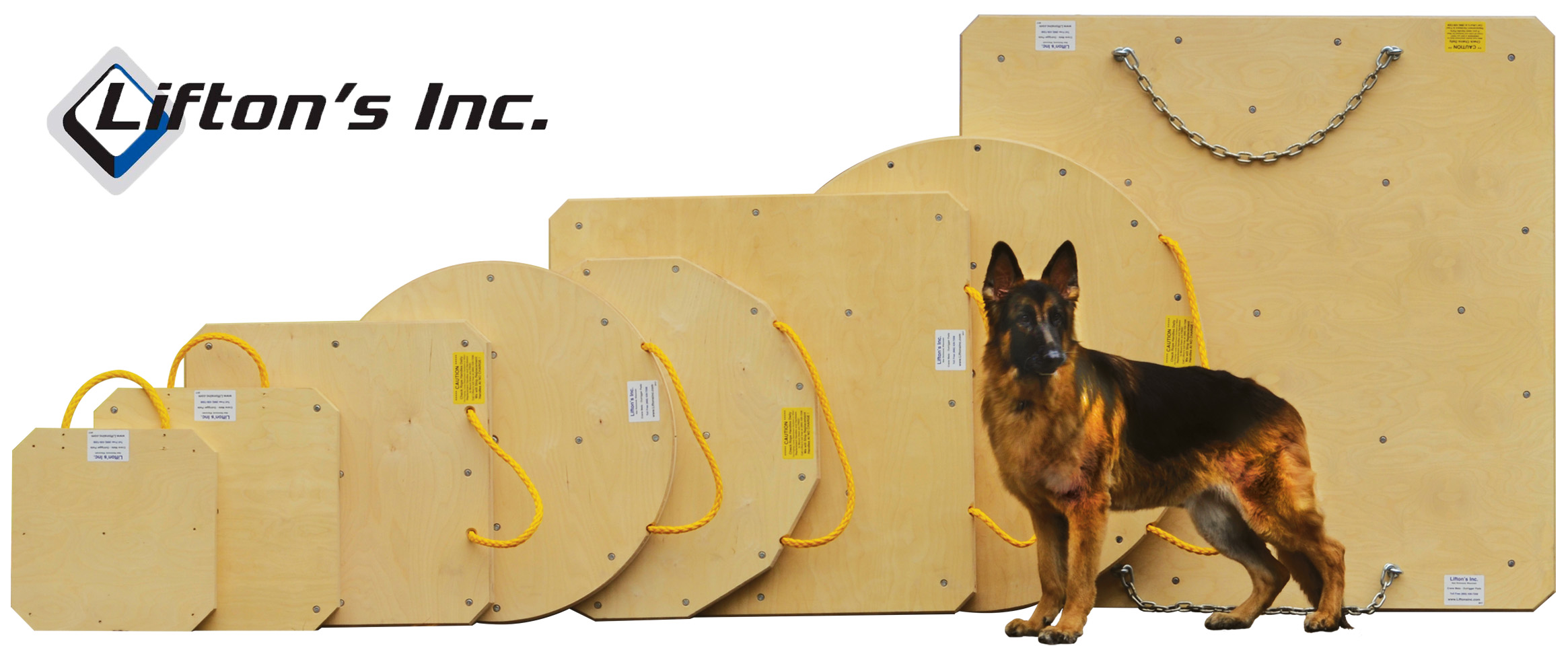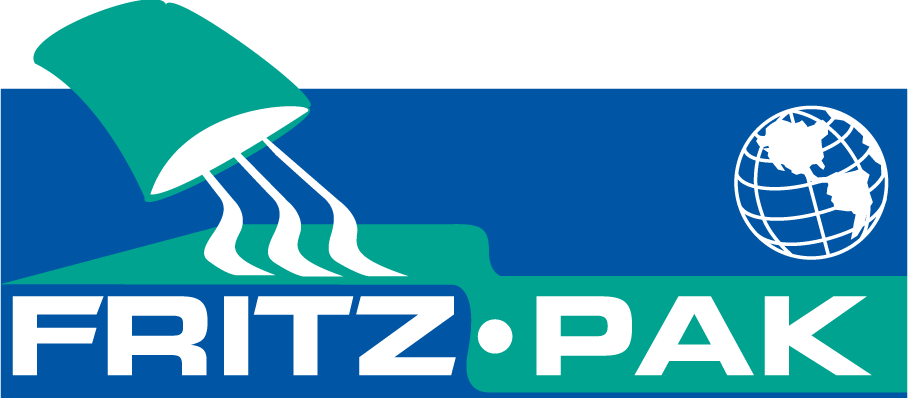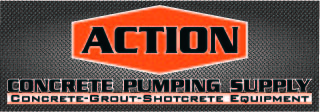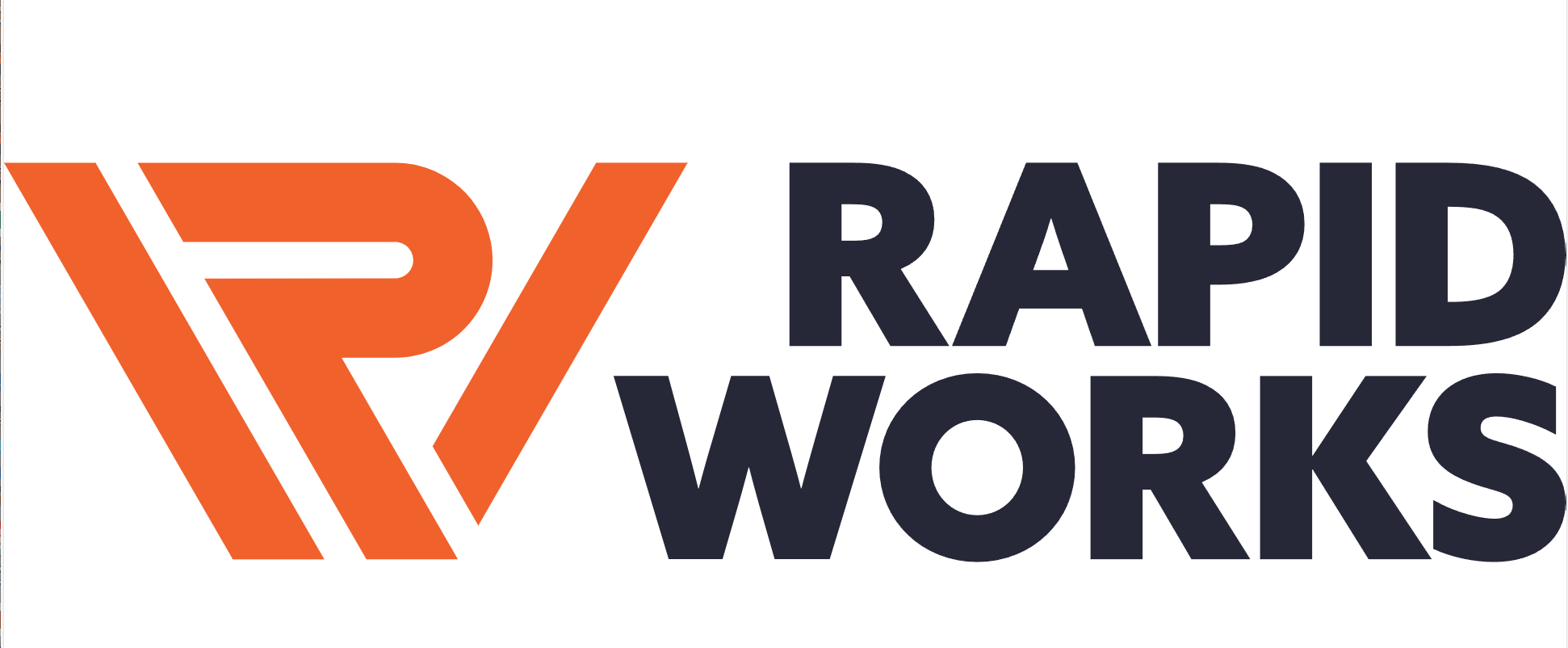Starting a Concrete Pumping Business
Starting A Concrete Pumping Business.
You want to be in business for yourself. You want the profits, the independence, and the pride of owning your own business. Probably you are an operator for a pumping company, or a ready mix truck driver, or someone who has watched a pump working and thought that would be good way to make a living. That's fine, that's how most of the pumping companies got started. Like most things though, it is more complicated than it looks. Here are some of the things you need to consider before you start looking for a pump.
Getting the money
Getting customers
Selecting the pump
Setting your price
Where are you going to get the money and how much can you get? This should be your first step because it determines the kind of pump you buy and who your customers are going to be.
Borrowing money to start a business is very difficult. Some of the possible lenders are: your local banker, a government small business loan (SBA), an equipment finance or leasing company, the seller of the pump you buy, or a friend or relative. Most lenders will not provide money to start a new business. You will probably need some support, i.e. a co-signature or guarantee from someone: the seller, a relative, or a potential customer. For more information on getting a loan, read the articles: "Financing a New Business" and "Getting a Business Loan".
Where are you going to get the customers?
It's not owning a pump that makes you money. It's customers who use your pumping service. If you are in a small market, more than 60 miles away from the nearest pump, you can create customers out of contractors who are paying travel premiums to bring in out-of-town pumps or using other placing methods. Chances are you are in a city that already has one or more pumping companies. If so, you are going to have to take customers away from the other companies.
How do you plan to do that? The simplest and most tempting way to get customers is to offer a cheaper price. But that's a slippery slope to failure and poverty. If the area contractors are happy with the pumping service they are getting, you have a tough job ahead of you. Besides providing a quality service, you are going to have to be, or become, a good salesman. For more information on building and keeping a customer base, read the article "Getting and Keeping Customers without Cutting the Price". Regardless of where and how you get them you need to be sure you can get enough customers at a profitable price to provide you an average minimum of 3-5 pours per week, 52 weeks a year, just to survive.
A word about the kind of jobs you should pursue. The big commercial jobs offer the big paychecks and steady work, however the competition for them is heavy and the winning bid is often too low to be profitable. You should plan to build your new business on small jobs: house foundations, residential and small commercial flatwork, even backyard patios. These are the most profitable pumping jobs, if you get your price. The big jobs, if you still want them, can come later.
Selecting the pump. What kind of pump should you buy? Boom or trailer? New or used? How long of a boom? Which brand of pump?
Let's start with boom or trailer. Trailers are a lot cheaper. If you are in a market like South Florida or California where they pour a lot of small aggregate concrete, or you want to do specialty concrete like pools or insulating floors, or you are in a large city with a lot of trailer jobs available, you can do well with a trailer. But in most of the country the contractors don't like dragging the hoses and will use your trailer pump only if they must. For example, it's very difficult filling a wall form with a ground hose. If you hope to successfully build a pumping business in most areas you must have a boom.
New or used? The real issue here is the amount of money you can borrow and the size of the monthly payment. Do a realistic, or even pessimistic, projection of cash flow to determine the maximum payment you can handle. Run it by your banker and listen to what he has to say. A used pump may make you work a little harder but it can let you keep more money in your pocket. Don't think you have to buy new. Many successful pumpers seldom or never buy a new pump. When buying used, be a knowledgeable and careful buyer.
How long of a boom? The minimum is probably 28 meters or 92'. (Boom length is measured from the ground to the tip straight up in the air.) This will reach most of a typical house foundation if you have good access and, with a couple of sections of hose connected to the boom, will do a satisfactory job on most residential and small commercial flatwork pours. Prices for older, used models typically start at $50,000. You can buy some of them for less, but be very sure you know what you are doing before you buy.
The standard, basic pump of the industry is the 32 meter or 105'. If you don't have this much boom reach you may lose a significant amount of work because your competitor can reach more of the work better than you can. Prices for used pumps of major brands in this size range start around $100,000. Again, you can find them for less but get some experienced and trusted guidance before you buy.
Which Brand? As for which brand to buy, you can't go much by what operators tell you. Operators swear by the brand they prefer but you won't be able to tell facts from prejudice. Learn the pros and cons of each brand and make your own decision. Make sure you can get parts and technical assistance. Schwing and Putzmeister are the major and best-established manufacturers, with proven track records. Several others have entered the market recently and some are better than others. The major brands are easier to sell if you need to sell quickly.
Setting your price. You are going to live with the first price you set for a long time. Remember always that you are buying a pump and starting a business to make a profit. If you wanted to do it just to pay the bills you could run a pump for someone else and let them have the risks and hassles.
Your best guideline for prices may be the published prices of the other pumpers (but be sure the numbers will fit your business plan). Set your price equal to their published sheet prices for the same boom length and not a penny less. And hold your price. It is far smarter to do three pours a week with a profit than it is to do five and break even. If you cut the price below the market to win customers, your competitors will cut them further to win them back and you'll have to cut them again, and so on, and so on. It is a hundred times easier to lower the price than it is to raise it back up to where it is worth being in the business.
Like I said, it’s more complicated than it looks. Concrete pumping is serious business, not a get-rich-quick scheme. So where do you start? You need to develop a business plan and for help doing that, read the article: "Planning for Business Success".
I have been part of the concrete pumping industry from 1973 and have helped many companies start up and grow successfully. If you would like to discuss your plans confidentially you may call me at 800-635-2365 from the US and Canada or 303-429-5759.
Written By Eisele, Fred UsedConcretePumps.com
Published by ConcretePumping.com










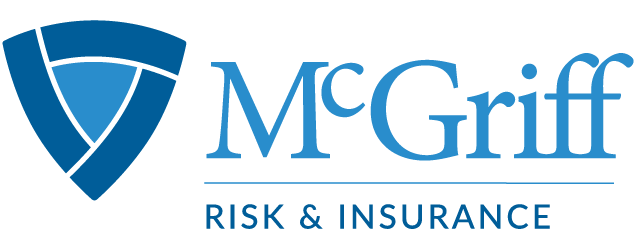
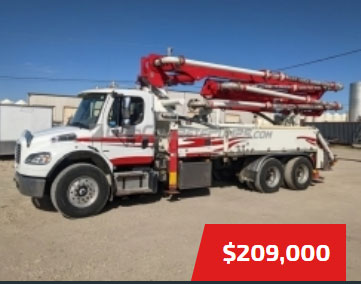

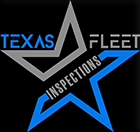
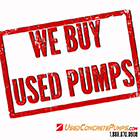

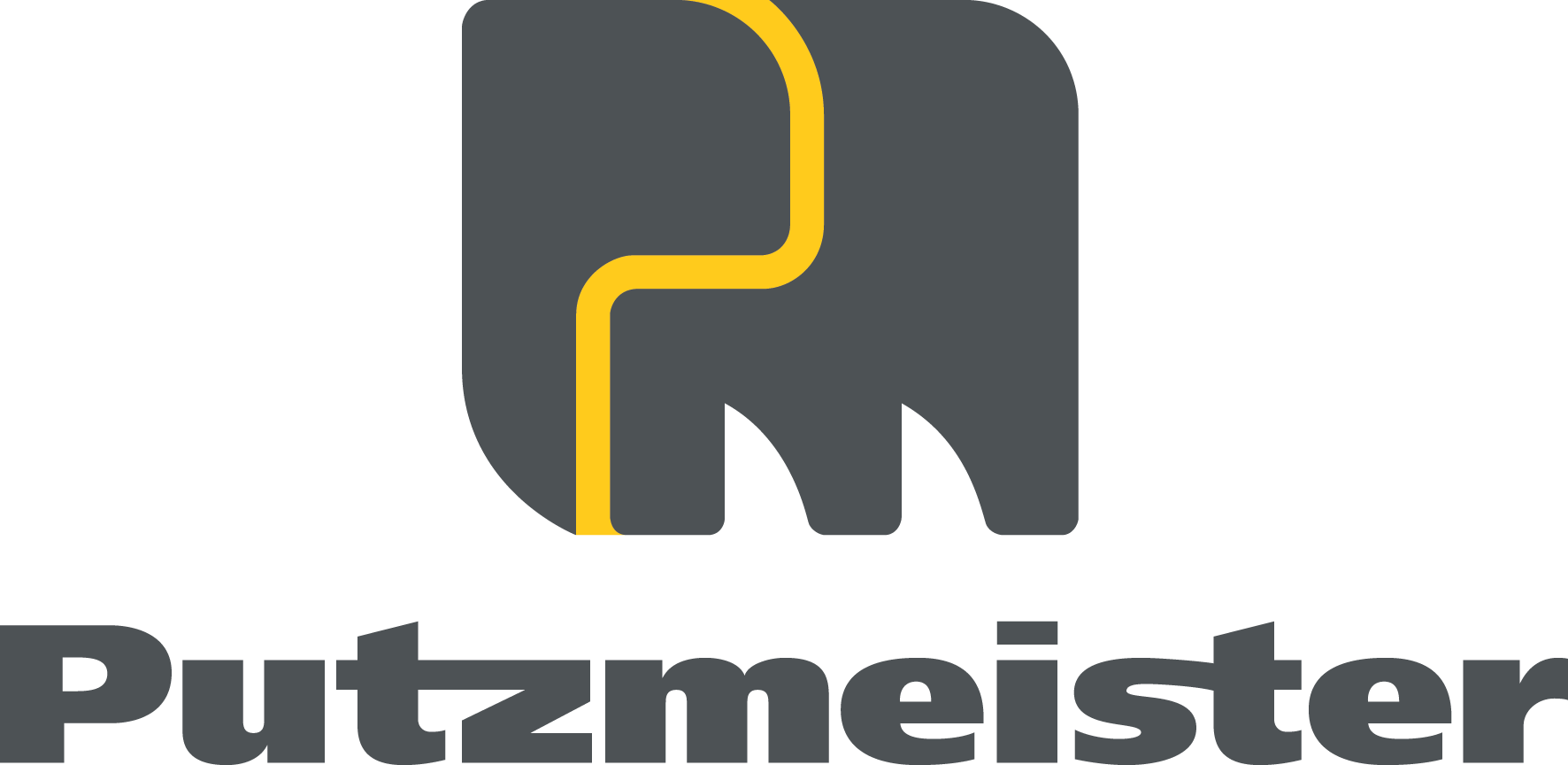



.jpg)
.gif)

.jpg)

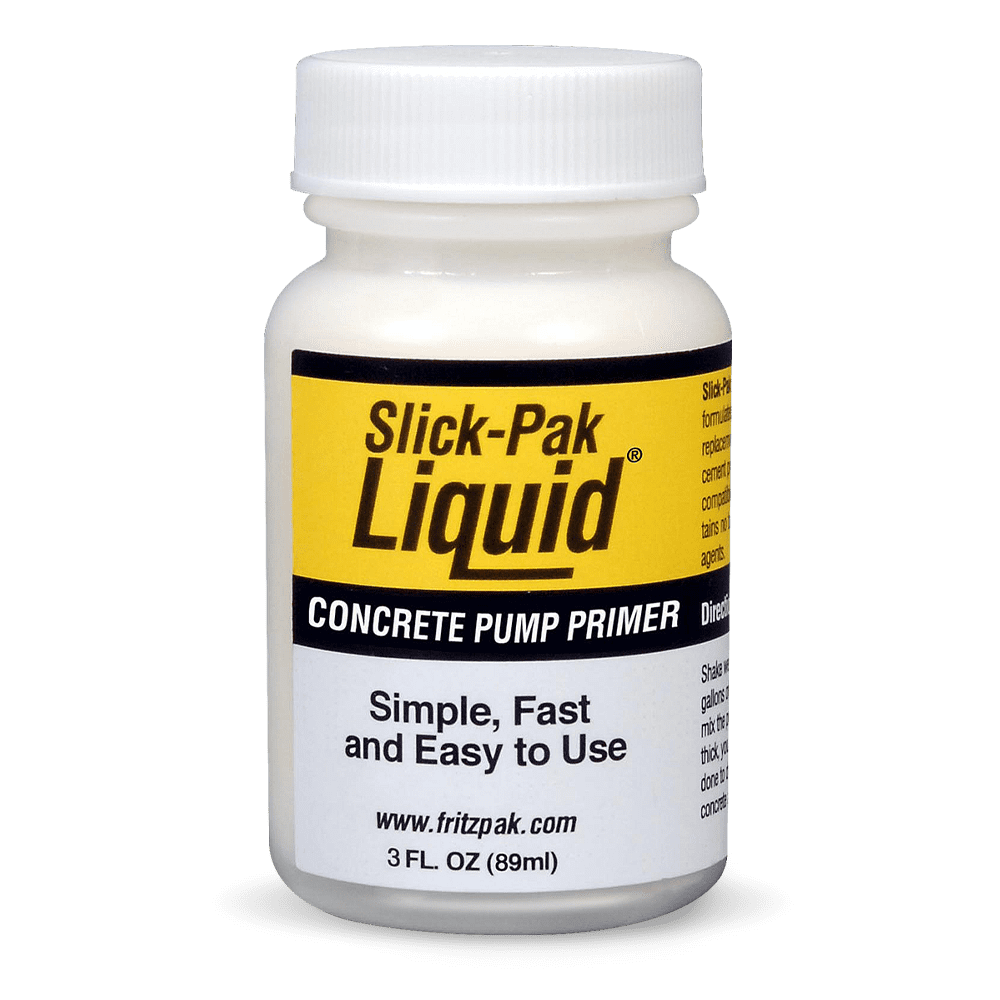






.jpg)
